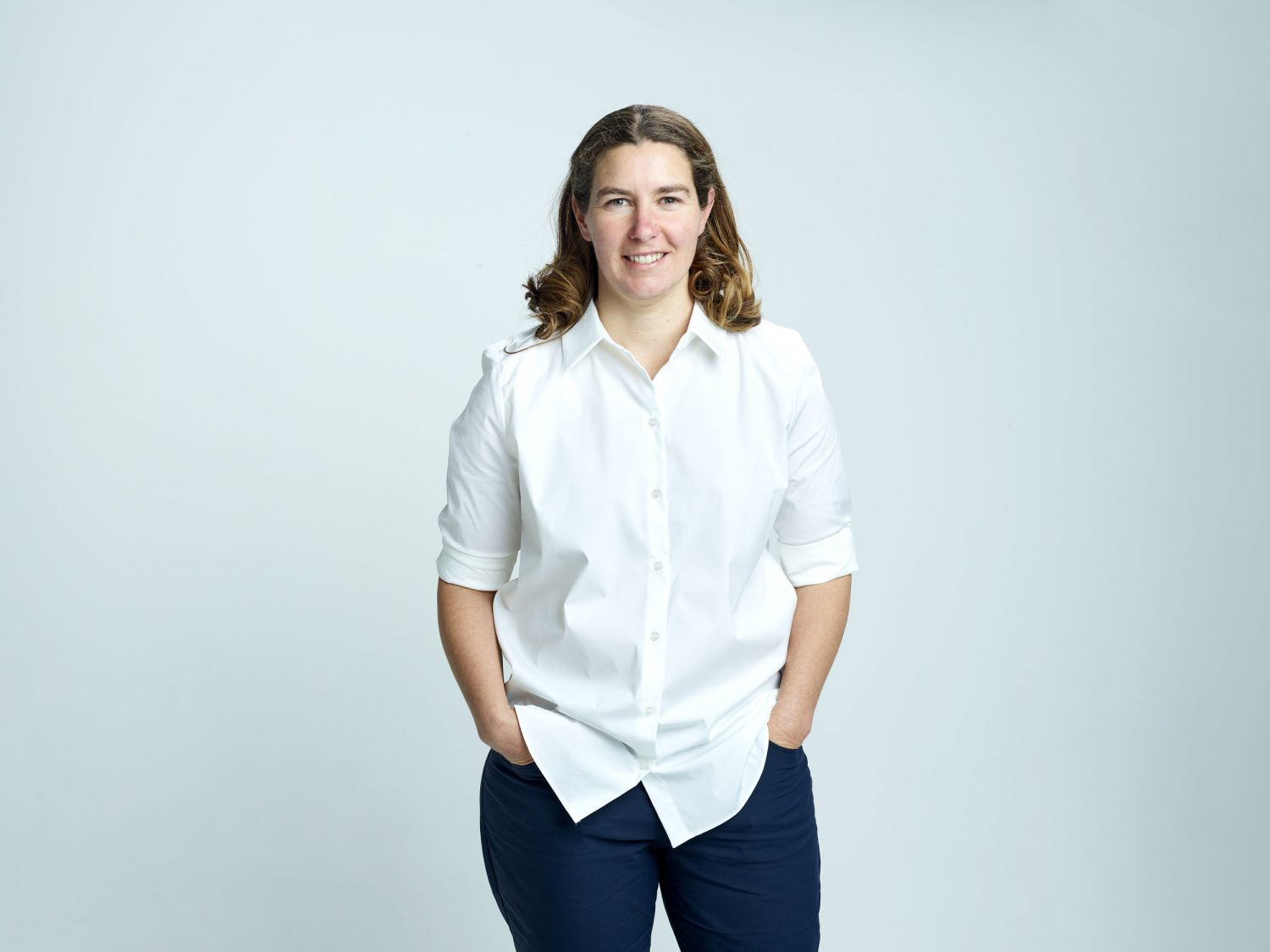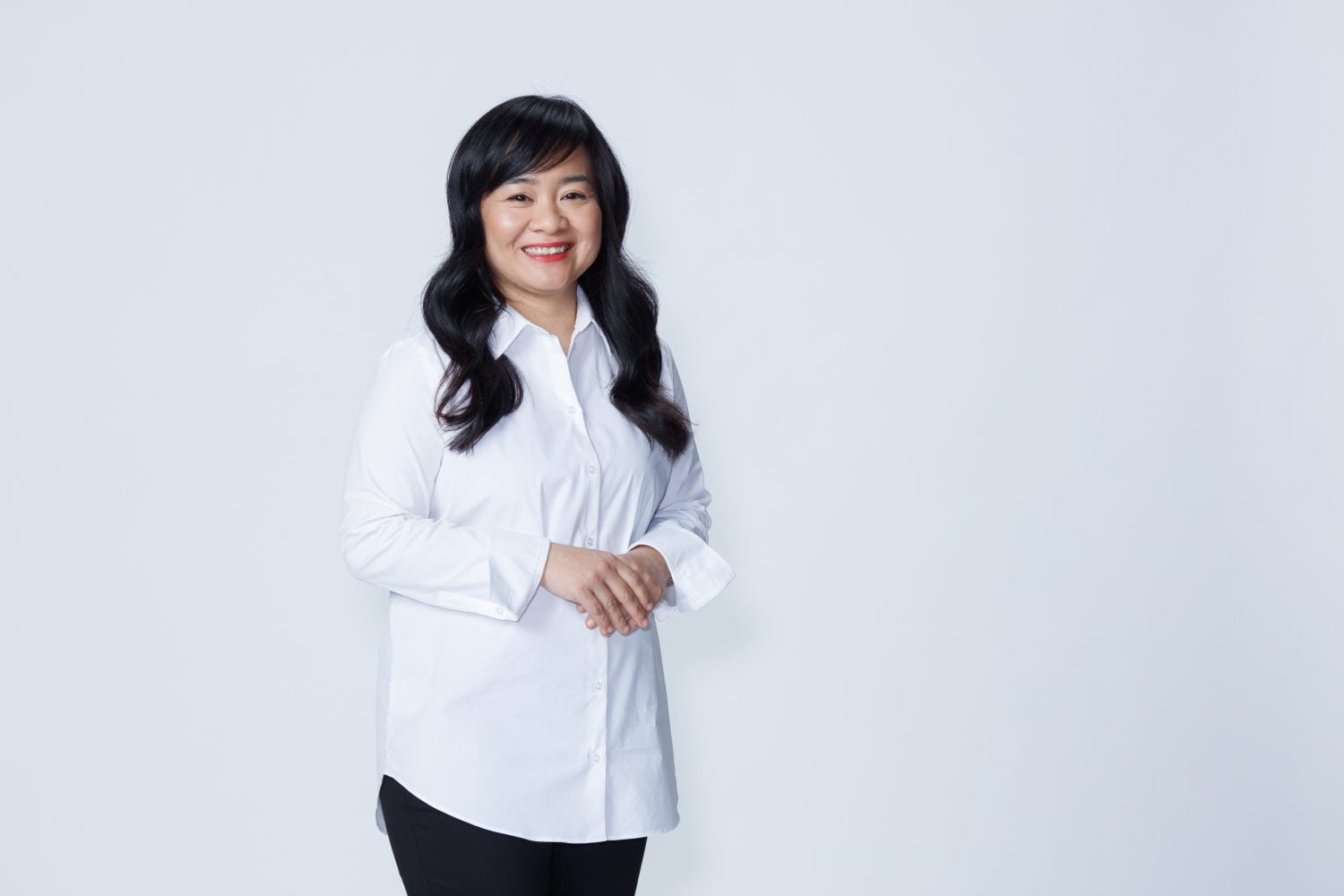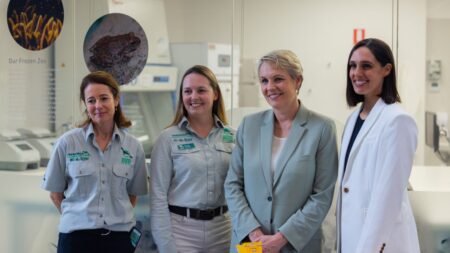From last summer’s bushfires to the recent U.S. wildfires, the world’s attention has been irrevocably turned to how climate change will affect our future.
Beauty giant L’Oreal is helping to make positive change by supporting women in STEM, and specifically focusing on those who are focused on climate change. This week, the company named five leading women in STEM as Fellows in the L’Oréal-UNESCO For Women in Science Program’s Climate Edition. Four Australians and one New Zealander have been recognised as emerging leaders in science. They have been awarded each a $25,000 grant to further their research combating the effects of climate change.
Today, only about 28% of scientific researchers are women. The four women in the Science Program also addressed this underrepresentation of women in science during their acceptance speech.
The L’Oréal-UNESCO. For Women In Science program recognises outstanding female scientists within their field.
Meet five of the women leading the way in STEM helping to mitigate the effects of climate change.
Dr Adele Morrison

We can choose a future with less sea level rise. By limiting global warming to below 2°C, we can limit sea level rise to only around 40cm by 2100. But we need to act fast.
A climate and fluid physics researcher at the Australian National University undertaking advanced computer modeling to map oceanic activity. This helps to determine how long we have until our cities are underwater.
40% of the global population and 85% of the Australian population are currently living within coastal regions. Thus, the rising of sea levels caused from the melting of Antarctica’s ice sheets is of major concern.
“At the moment the best estimate, assuming continued emissions, is up to 1.1 m of sea level rise by the end of the century – equating to over 600 million people living below the projected high tide line,” .
Dr Adele Morrison
“If all of Antarctica was to melt, it would increase sea level by almost 60m – that would see cities like Sydney disappear. Although the sense of discovery is exciting, it’s also a scary future if we cannot curb the progression of climate change.”
“We can choose a future with less sea level rise. By limiting global warming to below 2°C, we can limit sea level rise to only around 40cm by 2100. But we need to act fast.”
Dr Emma Camp

30% of the Great Barrier Reef is already lost. The genetic traits of these resilient corals may buy more time to lower emissions.
A marine bio-geochemist at UTS, working toward growing extreme species of coral that are resilient to climate change in order to protect our reefs.
Without intervention, Australia could potentially stands to lose the Great Barrier Reef within our lifetime. Beyond dramatically reducing carbon emissions, very few options exist to reduce coral destruction. After back-to-back marine heatwaves in 2016 and 2017, innovative reef restoration is desperately needed.
“We must take action immediately to save Australia’s beautiful, life-sustaining reefs.”
“The GBR needs time. While we put pressure on governments and industries to tackle carbon emissions, we are also exploring innovative reef restoration, to ensure the long-term survival of pockets of live coral,” said Dr Camp.
30% of the Great Barrier Reef is already lost. The genetic traits of these resilient corals may buy more time to lower emissions. This could protect the rest of the Reef.
Summer is approaching and the effects of climate change lead us into an era of increasingly-severe natural disasters. Many Australians fear a future of out-of-control bushfires. Communities in fire-prone areas urgently need better protection for their homes.
Dr Thuy (Kate) Nguyen

help to create buildings that are greener and bushfire safe. This will be done by the development of a sustainable ceramic-like coating, made from industrial waste, to protect homes.
A chemical engineer at RMIT producing an environmentally-friendly coating from industrial waste that could save thousands of homes from bushfire.
She will help to create buildings that are greener and bushfire safe. This will be done by the development of a sustainable ceramic-like coating, made from industrial waste, to protect homes.
“Like millions of Australians, I watched with horror the bushfires that ravaged part of the country earlier this year,” said Dr Nguyen.
The protective coating is produced from waste often from the coal and mining industry. This creates a sustainable use for materials that would otherwise go to landfill.
The development process also emits up to 90% fewer greenhouse gas emissions than conventional manufacturing approaches. It will also increase the thermal efficiency of homes. Therefore, requiring less energy to heat and cool.
Dr Marzi Barghamadi

create batteries with higher energy and a longer cycle life, and, at the same time, address potential safety issues for lithium metal batteries.
An experimental scientist at CSIRO who is fast-tracking lithium battery technology to accelerate the transition to electric cars in order to reduce our emissions.
Accelerating the transition to renewable energy is essential in all areas of our everyday life in Australia, including transport. To make the jump to vehicles with zero emissions, fast-tracking lithium battery tech is crucial, according to CSIRO’s Dr Marzi Barghamadi.
“We all want electric cars that will allow us to drive longer distances with one charge,” said Dr Barghamadi. “Next-generation lithium batteries with higher energy will make this a reality in the near future.”
Dr Barghamadi is working to address the critical challenges with lithium metal battery tech. At the same time, it is essential to meet the required energy demand in different sectors such as transport and space.
“Lithium batteries have a much lower environmental impact than fossil fuels. So, the aim is to replace more fossil fuels with these batteries, especially in the transport sector,” said Dr Barghamadi.
“But first we must create batteries with higher energy and a longer cycle life, and, at the same time, address potential safety issues for lithium metal batteries.”
As a battery is discharged and charged, there is a formation of microstructures on the surface of the lithium anode, known as dendrites. This causes capacity loss and safety concerns, which Dr Barghamadi will seek to overcome with the support of the L’Oréal-UNESCO Fellowship.
Dr Shari Gallop (NZ)

Estuaries are vulnerable to climate change because they are exposed to the processes of land, river and marine environments.”
A physical marine scientist at the University of Waikato, New Zealand, who is working to better understand and improve large-scale green engineering. Her goal is to restore the health of rivers and the communities that depend on them.
Estuaries around the world are a vital resource for coastal communities. They are providing a cultural and economic hub and supporting a diverse range of marine species. Sadly, many estuaries are already degraded and they are at further risk due to their sensitivity to climate change. Examples of that are rising sea levels, ocean acidification and changes in rainfall that will alter river inflows.
“Estuaries provide an important resource for communities,” said Dr Gallop, “But many have been degraded due to poor decisions and management. Estuaries are vulnerable to climate change because they are exposed to the processes of land, river and marine environments.”
To prevent losing the health of our estuaries, Dr Gallop is researching nature-based options in environmental engineering. This includes removing sea walls to allow tides to come back onto reclaimed farmland, removing dams and moving rivers back into estuaries.
“The ultimate goal is to successfully restore estuaries, to restore the environment for the people,” said Dr Gallop.













